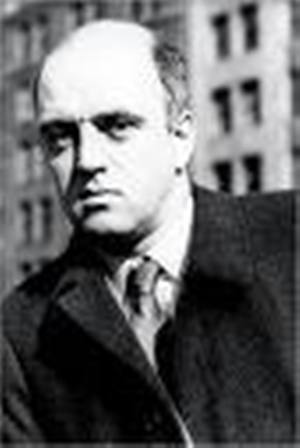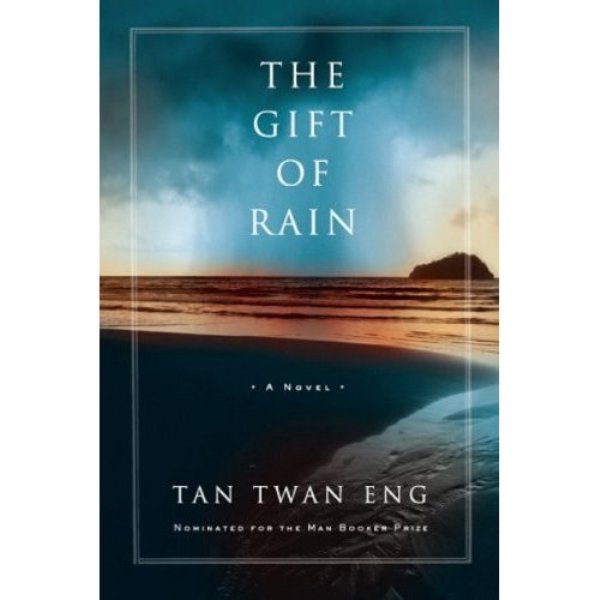The Road of Lost Innocence by Somaly Mam (Spiegel & Grau)
When Somaly Mam was told by a European Union representative in Phnom Penh that "there are no prostitutes in Cambodia," her response was blunt and immediate. "Madame," she told the representative, who had lived in Cambodia for "at least a year," "You're living in a world of air-conditioned hotels and offices. This isn't an air-conditioned country. Go outdoors and take a look around."
Nobody knew better than Somaly that the representative was misinformed. Not only was she the founder of an organization that helped women who worked in brothels in her own neighborhood, she had been sold into prostitution herself when she was sixteen.
Born shortly after Vietnam had toppled the regime of Pol Pot, Somaly was a toddler when her parents left her in a communal mountain village where she was nobody's child, "at home everywhere and nowhere." Sold into domestic servitude when she was ten, she was married in her early teens, widowed shortly thereafter, and then was bought by a brothel in Phnom Penh from the man who had owned her since she was a child.
For three years, Somaly was a slave, living in a world of filth, violence, and fear. It is difficult to read about her years as a prostitute; it must have been excruciating to write about them. That she survived them is a testimonial to her courage and her spirit.
Good fortune played a part in Somaly's survival as well. She met Pierre, a Khmer-speaking Frenchman who lived "like a Cambodian" and "of all the people I ever met," she says, "he was the only person who was attentive to me--not to my body but to me." They married and went to France, where Somaly learned that she could work "honest jobs" and "communicate directly...as an equal." After eighteen months when they returned to Cambodia, Somaly came back as a Khmer de France, assured, confident, and secure in her place in the world.
Her life was comfortable in her residential Phnom Penh neighborhood, but Somaly soon discovered that surrounding the homes and gardens were brothels, and the girls within them were so young that foreigners called the area "the street of little flowers." Pretending to be a health worker, Somaly took condoms to the brothels and took the girls to clinics for medical treatment. When she learned that there were children of ten and "sometimes younger still" serving as prostitutes, often badly hurt and sick from the drugs they were given, she, with her husband and his colleagues, decided to create a center that would house girls freed from prostitution, and provide them with vocational training.
First they housed a dozen girls, then twenty, then more than thirty. Money came from the European Union, UNICEF, and Spain's Prince of Asturias Prize. Police raids on brothels freed more and more prostitutes, and as their targets became larger and more powerful, Somaly and her family became the subject of death threats. Her oldest daughter was kidnapped by traffickers and was rescued shortly before being taken across the border between Cambodia and Thailand. Her marriage dissolved under the pressure of her work. And yet Somaly continues to provide safe places for girls and women who are captives of the sex trade--with centers in Cambodia, Laos, and Thailand, and ambitions to go even farther afield in Southeast Asia.
This is an age when heroes are needed desperately. It is incredible and inspiring that this woman who was born into and survived a life of horror has exerted every talent and scrap of energy that she possesses to help other women survive too. Her book is a document of courage and persistence--read it, give it to others, and help wherever and however you can. (More information can be found at www.somaly.org)





















